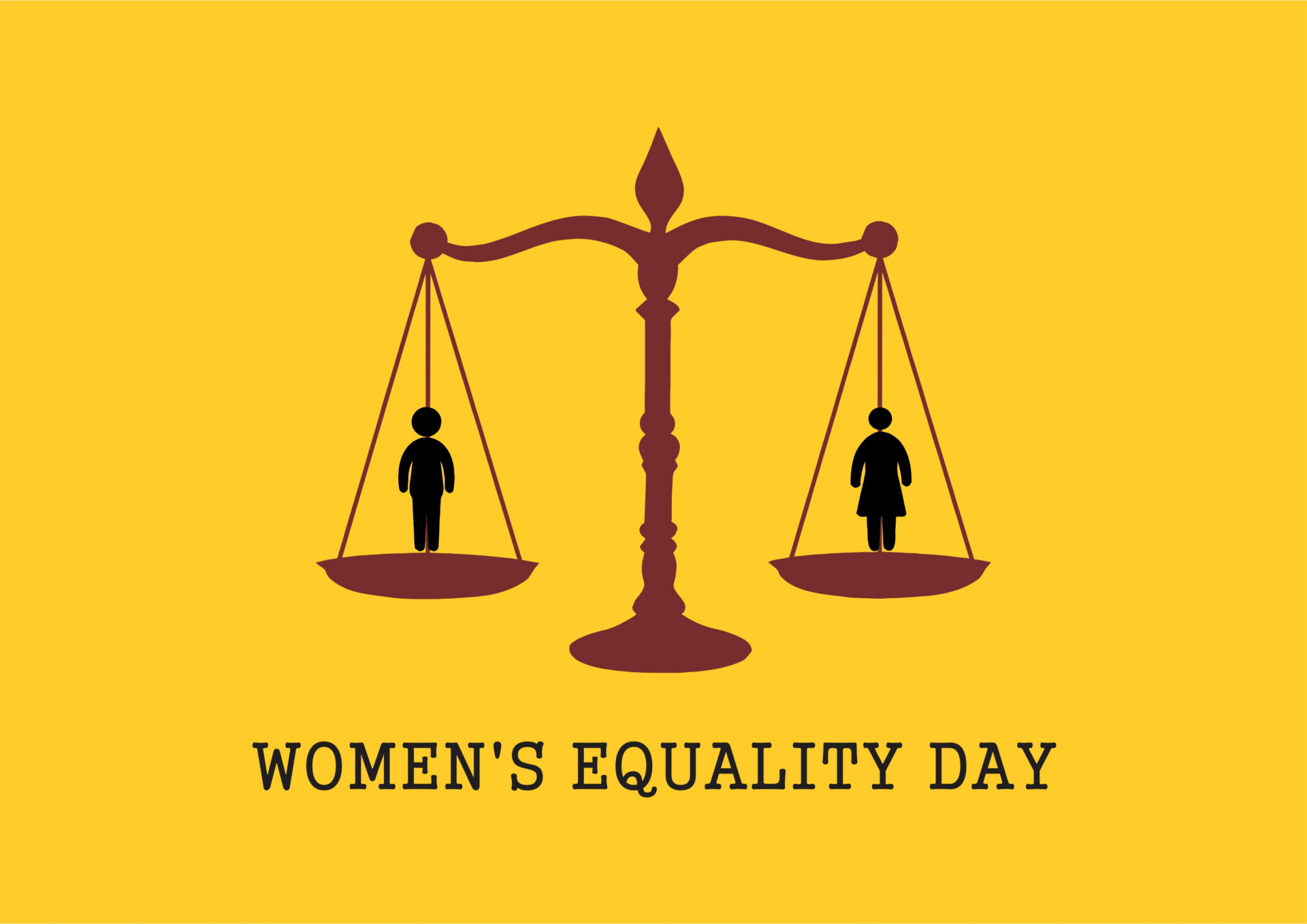
Fennemore Continues To Proudly Celebrate Women’s Equality
August 26 is nationally recognized as Women’s Equality Day and in an effort to honor the day of significance, our firm displayed yellow roses at each of our office locations due to their symbolic ties to the women’s suffrage movement.
Yellow roses were originally worn during the women’s suffrage movement to show support and ultimately became a symbol of victory. In addition to the yellow roses on display, Fennemore’s Chief Diversity Officer, Ann Morgan circulated a firmwide email and video commemorating efforts towards full equality, which includes the 1920 certification of the 19th Amendment to the Constitution, which gave women the right to vote and later granted Black women the right to vote in 1965 via the 1965 Voting Rights Act, and Native American women that were federally guaranteed the right to vote in 1965.
On this day of celebration, Fennemore Business Litigation Attorney Therese Shanks from Reno, Nevada shared her thoughts on how the firm has played a role in supporting women’s equality:
“Although women’s suffrage was not passed nationally until 1920, Fennemore spans a footprint of some of the earliest states and territories granting women the right to vote. In 1893, Colorado became the second state or territory to grant women the right to vote, with its three first female legislators elected a mere two years later. In 1911, women obtained the right to vote in California in an election eerily similar to the 2020 presidential election. While initially it seemed as if the bill had not passed, votes began trickling in days later from rural counties that resulted in the women’s suffrage bill being passed by a mere 3,587 votes – a 1% margin. Arizona and Nevada followed soon after, with women obtaining the right to vote in Arizona in 1912 and in Nevada in 1914. By 1918, all four of these states had women elected and serving in the state legislatures.
Fennemore’s commitment to ensuring the success of its female attorneys and to investing in increasing diversity in this profession is consistent with the history of the states in which its offices are located. I’m proud to be a Nevadan, and I’m very fortunate to work at firm like Fennemore.”
Fennemore Business Litigation Attorney, Marlene Allen Murray from San Bernardino, California also shared her thoughts on women having the right to vote:
“As a woman, I am grateful that I live in a country that provides opportunities for women, including the right to vote. The original United States Constitution did not say much about the right to vote, but left it to the states to decide who was qualified to vote. This lead to considerable variation as to who had the right to vote in elections. It was a series of constitutional amendments that added protections to the right to vote, including the 15th Amendment that prohibits restricting the right to vote due to race, and later the 19th Amendment that extended voting rights to women.
I believe that everyone (men and women) should take the right to vote seriously. In order to vote responsibly, we should take the time to gather information on the candidates and find out how they stand on the issues. How often do we just vote for incumbents because they are already in office and therefore we assume they must be doing a good job? How often do we just vote our party line, even if a particular candidate might not be the best choice for that position? Let’s all do our homework so we can make informed decisions and vote for candidates with integrity who are the most qualified and best suited for the office.”
For more information about the remarkable women making a difference on our leadership team, please visit: https://www.fennemorelaw.com/about-us/our-leadership/
For more information about Fennemore’s commitment to diversity, equity and inclusion, please visit: https://www.fennemorelaw.com/about-us/diversity/
Get MORE. Insights
Stay ahead in the legal world - subscribe now to receive the latest insights and news from Fennemore Law Directly in your inbox!
